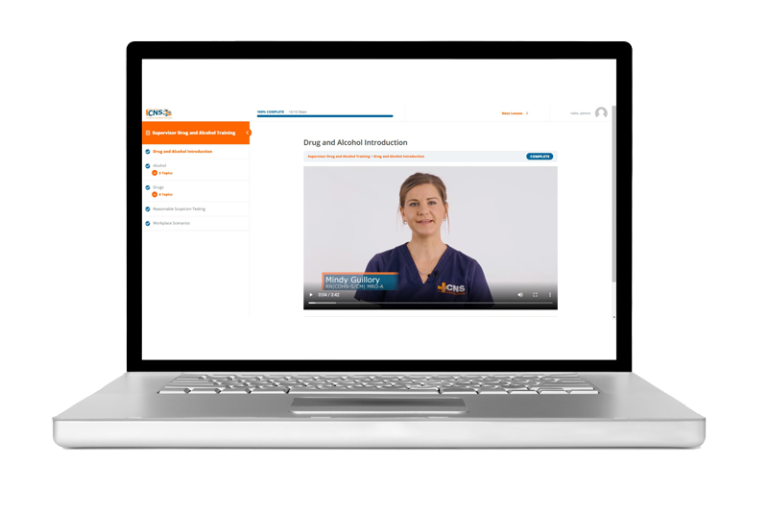What is Typhoid Fever?
Typhoid fever is a life-threatening illness caused by Salmonella Typhi bacteria. Typhoid fever is common in parts of the world where water and food may be unsafe, and sanitation is poor (southern Asia- primarily India, Pakistan, or Bangladesh; Southeast Asia, South America, and Africa). An estimated 11 to 21 million people worldwide are affected by typhoid fever annually. In the United States, 350 people are diagnosed annually, although the CDC estimates that it affects 5,700 people in the United States. Most people diagnosed in the United States have traveled internationally to high-risk areas.
Signs and Symptoms
- Slow onset of grade fever that increases daily, possibly reaching as high as 104.9 F
- Headache
- Weakness and fatigue
- Muscle aches
- Sweating
- Dry cough
- Loss of appetite and weight loss
- Stomach pain
- Diarrhea or constipation
- Rash
- Extremely swollen stomach
Later illness and other symptoms if not treated:
- Delirious
- Lie motionless and exhausted with your eyes half-closed in what’s known as the typhoid state
- Life-threatening complications often develop at this time.
- In some people, signs and symptoms may return up to two weeks after the fever has subsided.
How does Typhoid Fever Spread?
Typhoid is spread through consuming contaminated food or water (fecal- oral route) and through person-to-person contact. People who are currently ill and those who have recovered can pass the bacteria in their stools.
What are the risk factors associated with Typhoid Fever?
Children seem to be at a higher risk although they have milder symptoms than adults. Those living in areas where Typhoid fever is common, travelers visiting or working in countries where typhoid is established, those working as a clinical microbiologist handling Salmonella typhi bacteria, those having close contact with someone who is infected or has recently been infected with typhoid fever, anyone drinking water polluted by sewage that contains Salmonella typhi
What are the complications of Typhoid Fever?
Common complications:
- Intestinal bleeding or holes in the intestine are the most serious complications of typhoid fever. They usually develop in the third week of illness
- Severe stomach pain
- Nausea
- vomiting
- Sepsis (bloodstream infection)
Less common complications:
- Inflammation of the heart muscle (myocarditis)
- Inflammation of the lining of the heart and valves (endocarditis)
- Infection of major blood vessels (mycotic aneurysm)
- Pneumonia
- Inflammation of the pancreas (pancreatitis)
- Kidney or bladder infections
- Infection and inflammation of the membranes and fluid surrounding your brain and spinal cord (meningitis)
- Psychiatric problems, such as delirium, hallucinations, and paranoid psychosis
What is the Typhoid Vaccine and how do you prevent it?
Proper hand washing is important, avoid raw fruits and vegetables, avoid eating contaminated food or drinking contaminated water; improve sanitation and provide adequate medical care. While these things seem simple to apply in developed countries, it is a difficult challenge in many developing countries therefore, getting vaccinated is important. A vaccine is recommended if you live in or are traveling to areas where the risk of getting typhoid fever is high. Because the vaccine is about 50%–80% effective, it is important to apply other prevention methods mentioned above in addition to getting vaccinated. A booster is recommended every 2 years for those at risk. There are 2 types of vaccines available in the United States:
- Vi capsular polysaccharide vaccine (ViCPS) (Typhim Vi, manufactured by Sanofi Pasteur) for intramuscular use
- Oral live attenuated vaccine (Vivotif, manufactured from the Ty21a strain of serotype Typhi by Emergent BioSolutions)
Who needs the Typhoid Vaccine?
The Typhoid Vaccination should be offered to:
- Those 2 years of age and older can receive the ViCPS injection
- Those 6 years of age and older can receive the oral live vaccine
Who should not get the Typhoid Vaccine?
The Typhoid Vaccination should not be offered to:
- Those with acute febrile illness
- Anyone with acute gastroenteritis
- Pregnant women (may consider risk/benefit if needed)
- Live attenuated Ty21a vaccine should not be given to pregnant women or immunocompromised travelers, including those infected with HIV
- The only contraindication to vaccination with ViCPS vaccine is a history of severe local or systemic reactions after a previous dose.






